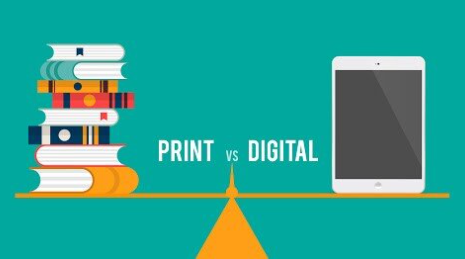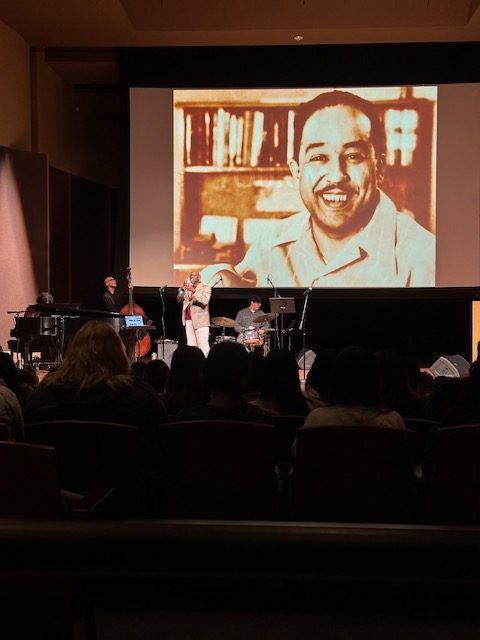
The long-standing debate of digital vs. physical objects has never been more relevant than today. More and more people are switching over from physical copies to digital under the guise of digital being more convenient. Yet their memories of events may lack emotional depth without a physical token.
In an opinion piece from The New York Times, Peter Funt shares how after his father’s death he received condolences in both physical and digital forms. Funt revealed how both the physical and digital letters have stuck with him.
“After my father’s death, in 1999, I saved a folder of handwritten condolence letters from his friends and colleagues. Rereading them once or twice a year, I am transported back to times I miss,” Funt said. “Of course, I received many emails about Dad as well — but I wouldn’t begin to know how or where to find them.”
Physical reminders are essential for creating lasting memories. Digital versions are lovely in the moment, but it’s clear that as time passes, we lose track of them entirely. At least with physical copies, you’re aware of where to find them. There’s something special about holding onto them; those photos from that trip to an amusement park, a movie ticket stub, holiday family photos, birthday cards as well as random trinkets given by someone close to you. The emotional connection is undeniably more present in front of them than in digital form.
A Psychology Today article by Melissa Perry, Dean of the College of Public Health at George Mason University, provides an analysis of why people are prone to be forgetful about things retained digitally.
“The loss of memory and retention is the cost we accept for the convenience of information at our fingertips,” Perry said.

There is no denying the fact that going the digital route is more convenient. There’s no risk of misplacing something important, no trip to make copies, no need for storage space, and the ability to view things anytime or anywhere. Yet that’s not the reason for having physical reminders in the first place.
Physical keepsakes are saved to remember. When you look at photos on your phone, for example, you might send it to a few people, reminisce for a few seconds, and quickly move on, not bothering with it unless you scroll through once in a long while. Physical photo albums encourage a slower, more deliberate viewing experience, often sparking conversations about the memories captured when shared with others.
Physical reminders of special moments foster a unique intimacy that digital versions simply cannot replicate. Physical mementos stimulate both our hearts and minds more powerfully, preserving memories with a clarity that digital formats rarely achieve.







